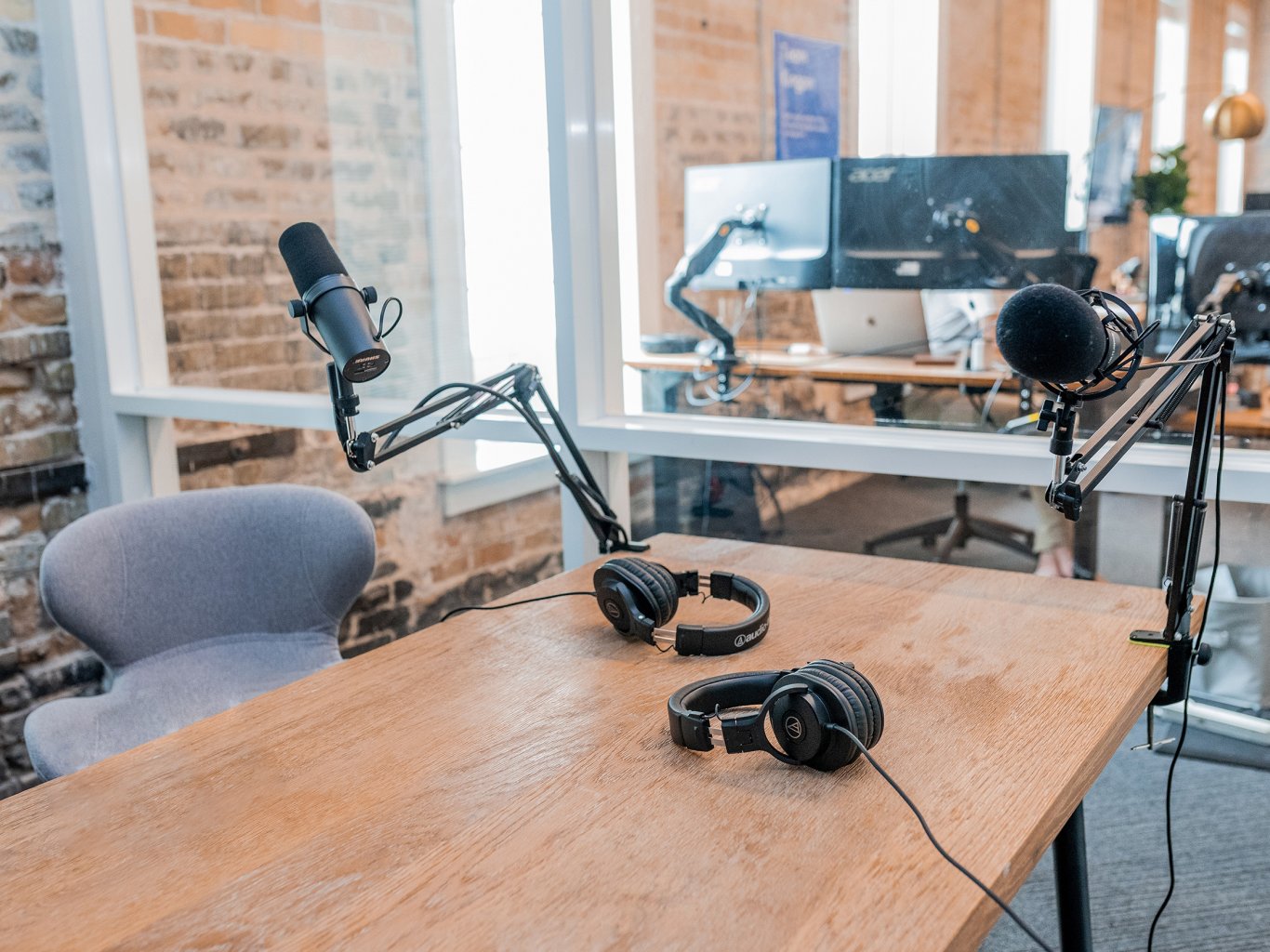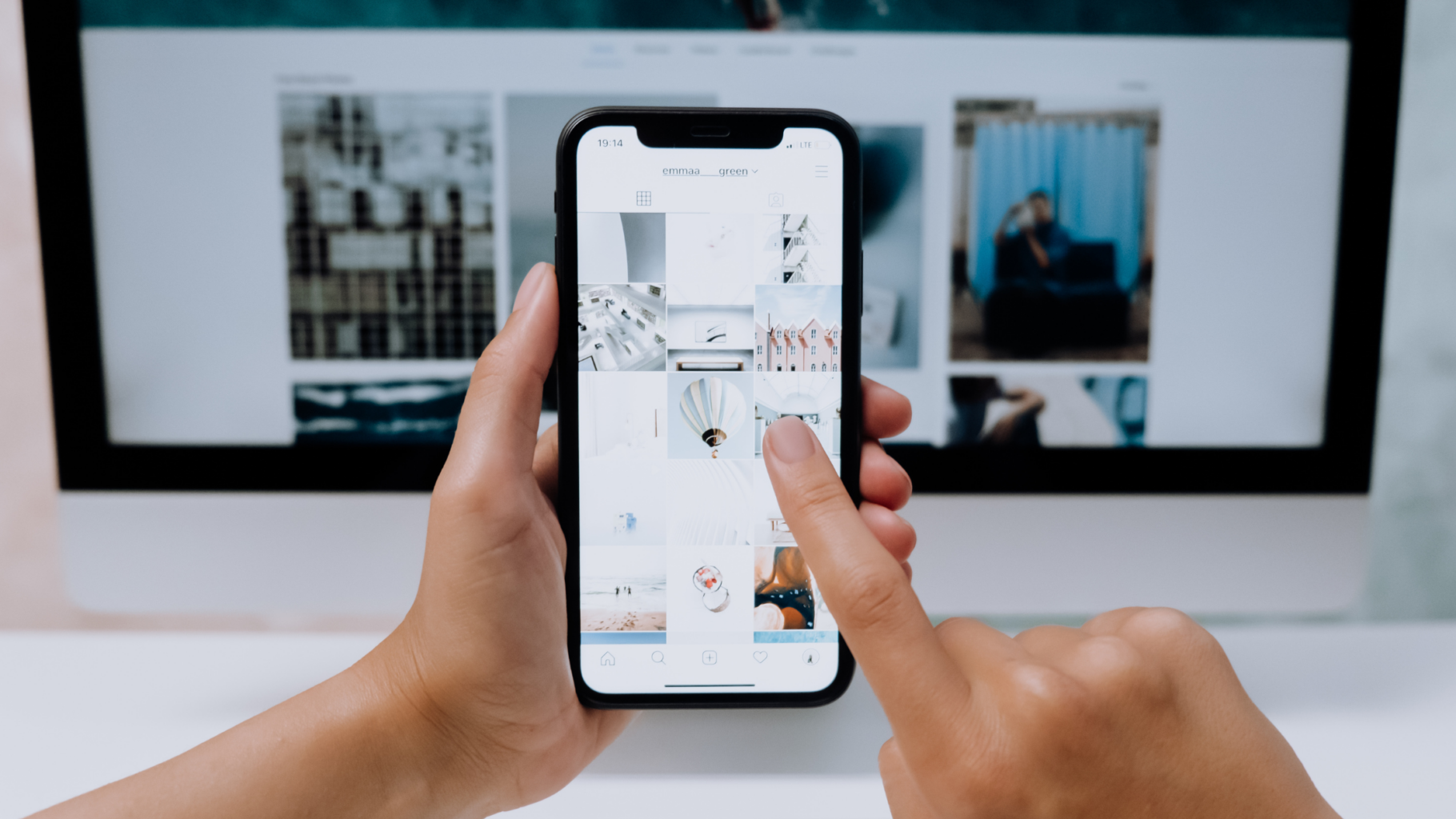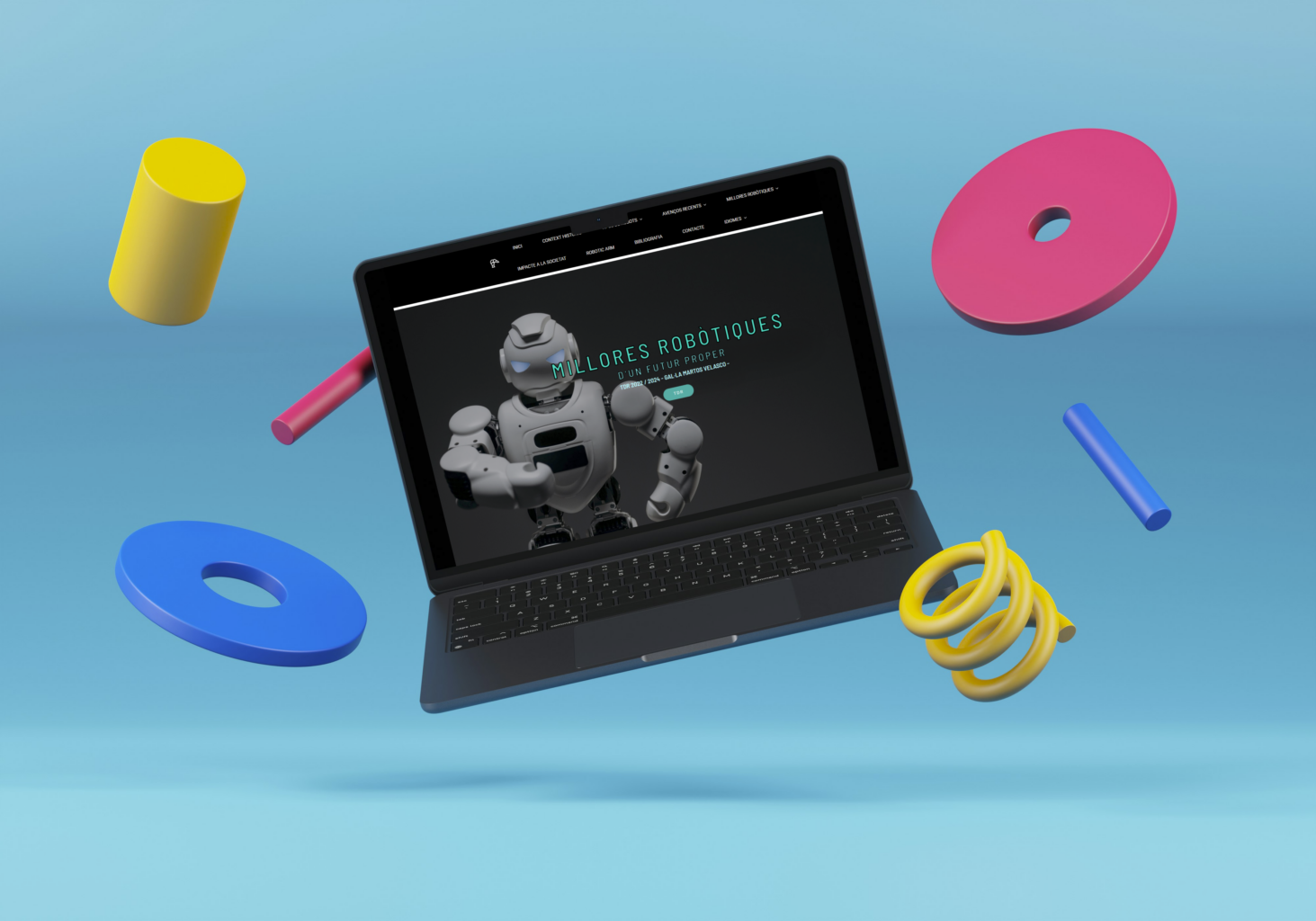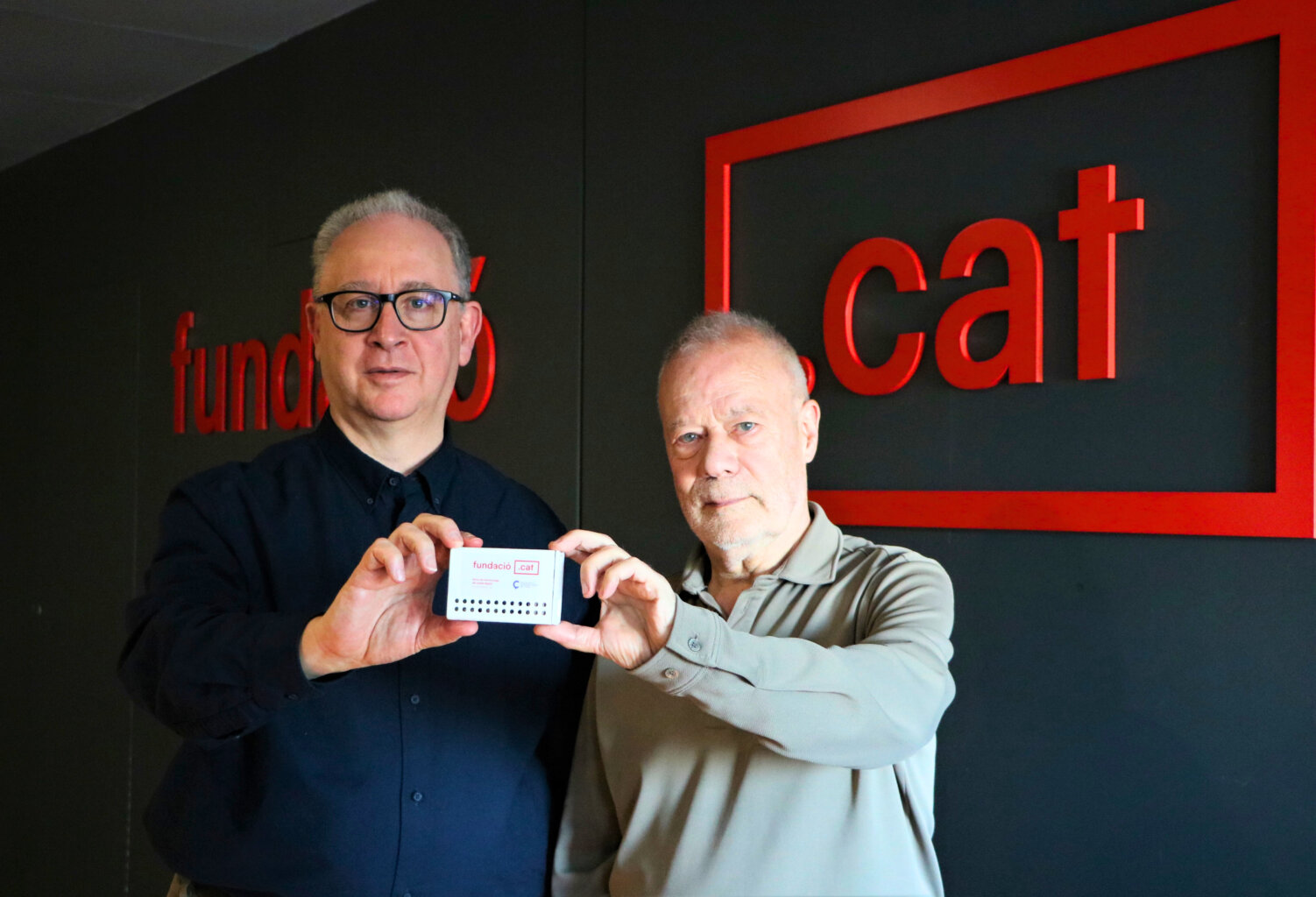Podcasting in the classroom

Of all the possibilities that today’s technology offers, podcasting is one that should not be overlooked.
Many schools in Catalonia have opted to create their own resources, from magazines to radio programmes. Through technology, we have progressed from paper to blogs and from radio to podcasts, two resources that favour student involvement and allow content to be distributed more effectively. In layman’s terms, a podcast is a system for distributing audio files that is used on the radio to broadcast content over the internet. The development of digital skills among children is crucial in a society in which information and communication technology training is key to entering the labour market and also to matters that are deeply ingrained in everyday life. A few months after the world’s first podcast emerged, produced by Adam Curry and Dave Winer in 2004, the computer scientist Pau Oliva broadcast the very first podcast in Catalan. Against this backdrop, it’s no surprise that Catalan schools are now using this tool for educational purposes.
A good example is the radio station created by Escola Mogent in La Roca del Vallès. Just a decade ago, in 2010, the school began exploring this resource through an account on podcasting platform iVoox, which it updated only intermittently. However, the project came back with a bang in 2013, thanks to the efforts of teacher Aleix Vidal. Primary five and six students record clips, which are short programmes that deal with a range of topics, and the other years focus on promotions and slots. Vidal explained: “We also have a weekly programme involving four-year-olds right through to primary six students. This is broadcast live at break time every Friday.” It is an ambitious and highly professional task: since 2013, they have been streaming continuously 24 hours a day, 365 days a year, through Ràdio Mogent. The schedule is made up of the students’ clips and programmes, and music chosen by the students.
Barcelona school Escola Baldiri Reixac is engaged in a more nascent and slightly less grand (albeit equally innovative) project. Rebeca Monzó, a teacher at the school, confirmed that the commitment arose from an annual project by primary two students. Project-based learning is an educational tool underpinned by a chosen project. The idea is fairly simple: on Mondays, student birthdays are announced through the PA system, and on the other days content is created, such as adverts for open days, special programmes for the Peace Race to mark School Day of Non-Violence and Peace on 30 January or International Women’s Day on 8 March. Monzó records and edits the content with the support of another teacher. It is then uploaded to the school’s website and sent to parents by email.
Monzó said: “What appears certain is that, not only does podcasting help students develop skills in new technologies, it also allows them to improve their oral expression through listening, pronunciation and adjusting their tone of voice and expressiveness.” All this makes podcasting a useful learning tool for younger students and an option definitely worth considering in the classroom.


